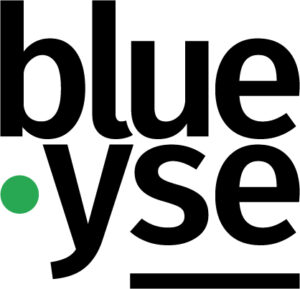
Cycling and the Netherlands are frequently seen as an inseparable pair of words. With the growing popularity of hi-tech technology used by individuals and companies, new possibilities are arising for policymakers and city planners to make moving from one place to another, more sustainable. Furthermore, companies located in urban areas are becoming increasingly interested in reducing their footprint and in helping cities to be more sustainable. However, are cities and the companies really doing enough? We interviewed the co-founder and CEO of Motion, Jose Díaz, to elaborate on the challenges and possibilities in the area of sustainable mobility.
Motion and why their mission towards more sustainable future
Motion (formerly known as ByCycling) is a company based in Rotterdam. They were founded in 2017. Since then, they are helping companies and cities to launch programs that encourage and incentivize physical activity and the use of sustainable mobility options. They are motivated to create a more sustainable future.
“It simply scares me where we are heading and what future we are creating for our children. Are we doing enough to fight climate change? I doubt it; are we treating our bodies and our minds good enough? Most of us don’t. We want to change that. We are on a mission to encourage and help people to adopt a healthier, sustainable and conscious lifestyle. In order to accomplish that we need employers and cities to step up and take action, as they are the drivers of change.”
The Netherlands and sustainable commuting
Considering The Netherlands, sustainable mobility is very well-developed. However, there is still a lot of work to do, especially considering how people travel to their workplace.
“The car option is still a ‘priority’ for many employers and its employees, and this is a behavior that is hard to change. More than 50% of people that live within a range of 6-8 km from work still use a car to commute to their workplace, which is a distance easily covered by bike. I think companies should disincentivize the use of cars in any way possible, but this is hard to do without legislation in place.”
How to help organizations and cities to integrate their sustainability goals?
It is often not an easy task to understand the need for change. It takes a lot of internal work and time to understand the necessity of a different approach.
“I think before implementing anything into an organization you need to make a deep analysis on how well (or not) the company (or city) is performing in terms of its carbon footprint in general, employee health, satisfaction or overall happiness. I think many organizations will be surprised about the results. Once you understand what the real issue is, then you can search for solutions and design a plan to solve it.
However, it is already more clear that the people and their thoughts around sustainability are evolving in the right direction.
“I do trust that year after year, people will take these goals more seriously. We are seeing more and more how climate change is affecting our world, and so, more and more people will take action — will it be enough? I don’t know, but at least we will be ready to help.”

Interviewee José Diaz
Founder and Director at Motion

Written by Kati Sepping
